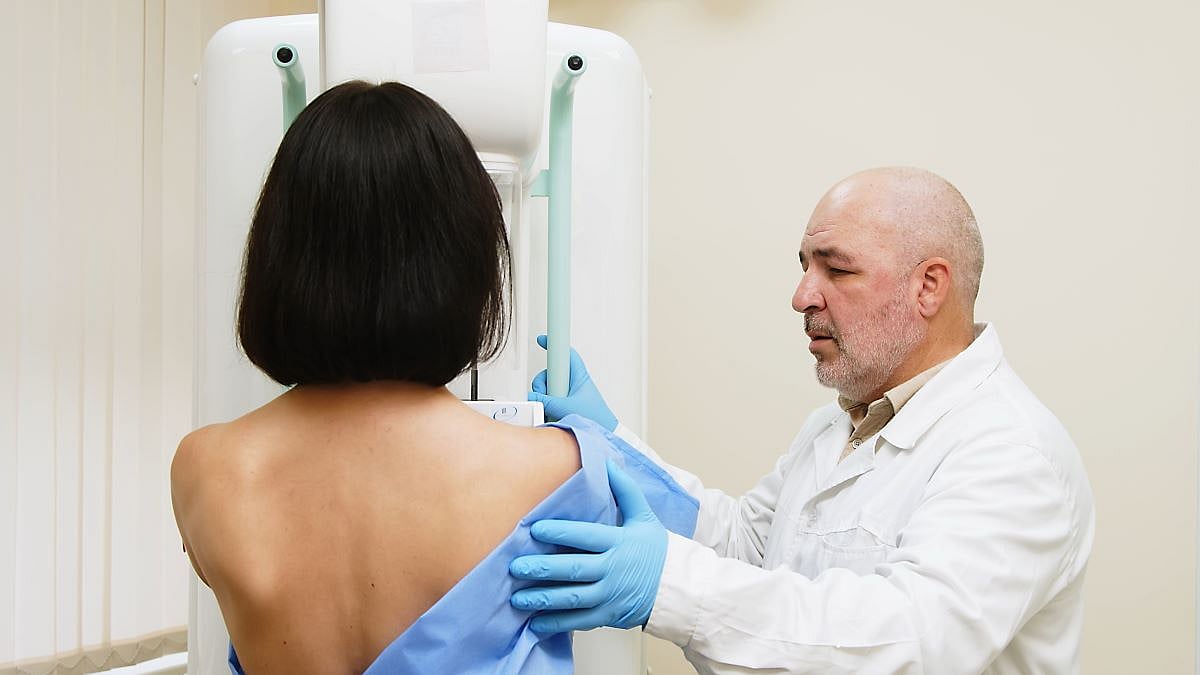
Many young women entering menopause suffer needlessly from symptoms related to the transition, a new study suggests. More than half of women aged 30 to 35 have already developed moderate to severe symptoms of impending menopause, researchers found. These include mood swings, delayed or absent periods, hot flashes, vaginal dryness, painful sex, heart palpitations and… read on > read on >


















.jpg)











